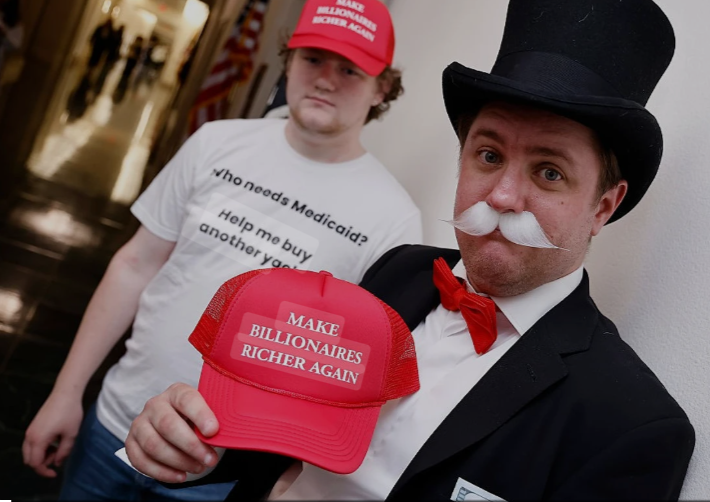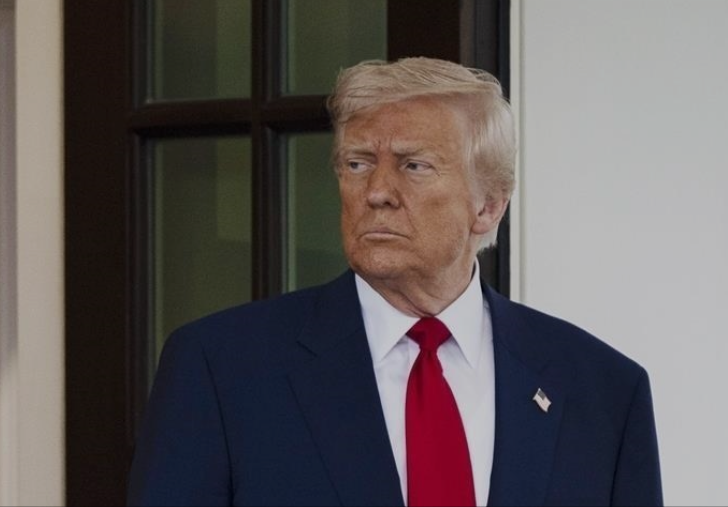Critics say Elon Musk is propped up by the very climate policies his political allies are working to dismantle.
Tesla’s reputation as a leader in the electric vehicle market is taking a major hit—financially and politically. Without the $595 million in electric vehicle (EV) tax credits made possible by the Biden administration’s clean energy initiatives, the company would have posted a net loss in the first quarter of 2025, according to a TechCrunch analysis of Tesla’s latest earnings report.
Instead, Tesla reported a modest $409 million in profit—a staggering 71% drop compared to the same period last year. This came on the heels of Tesla’s first-ever year-over-year decline in vehicle sales and a brutal stock price nosedive, down more than 50% since December.
“Tesla is a carbon credit company that has a couple of cars for sale,” quipped Jacob Weindling, editor-in-chief of Splinter, capturing the frustration of investors and critics alike.
Taxpayer Subsidies Keep Tesla Afloat
Over the past decade, Tesla has earned a stunning $10.7 billion by selling climate compliance credits—revenues that accounted for roughly one-third of the company’s total profits in that time, according to Politico’s E&E News. The irony is stark: Elon Musk, who has become one of the most vocal backers of President Trump’s 2024 campaign and a leading critic of climate regulations, is relying heavily on the very Biden-era green incentives his allies are attempting to dismantle.
And yet, despite this dependence on government support, Tesla’s latest investor letter warned of growing economic headwinds, trade policy uncertainty, and an unstable automotive supply chain that could further suppress growth. “We are making prudent investments for long-term growth,” the company wrote, “but the pace will depend on a variety of factors, including progress in autonomy, factory production ramp-ups, and macroeconomic conditions.”
Elon Musk, DOGE, and a Crisis of Confidence
Tesla’s troubles aren’t just financial—they’re reputational. Musk’s increasingly political role as head of the Trump administration’s controversial new Department of Government Efficiency (DOGE) has blurred the lines between business and politics. The billionaire CEO has donated hundreds of millions of dollars to Trump’s re-election and was handpicked to lead DOGE, a move widely condemned by ethics watchdogs and Democratic lawmakers.
“The more political he gets with DOGE, the more the brand suffers—there is no debate,” said Dan Ives, a longtime Tesla analyst at Wedbush Securities. “This continues to be a moment of truth for Musk to navigate this brand tornado crisis moment.”
On a tense investor call Tuesday, Musk attempted to downplay the backlash, claiming critics of his government role were “paid” agitators. He did, however, promise to return his focus to Tesla operations “probably starting next month.”
But lawmakers aren’t buying it. A group of House Democrats sent a letter earlier this month demanding that President Trump “stop ignoring federal law and ethics rules” and remove Musk from his unofficial post by the end of May.
Calls for Divestment Grow Louder
The fallout is spreading beyond Wall Street. New York City Councilmember Justin Brannan (D-47) renewed his call to divest the more than $1 billion that city pension funds have invested in Tesla. “The company’s earnings tanked because consumers are done with Elon Musk playing Trump’s sidekick and backing cuts to seniors and working families,” Brannan said Tuesday. “It’s not just against NYC values. Tesla is now a bad investment.”
Meanwhile, longtime Tesla bull and investor Ross Gerber didn’t mince words after the earnings call. “I’ve done Tesla calls for 11 years,” he posted. “This is the worst performance I’ve seen in Tesla’s history.”
“I get Elon will tell everyone about trillions in total addressable market and robots taking over the world,” he added. “Anything to get you not to look at the facts.”



